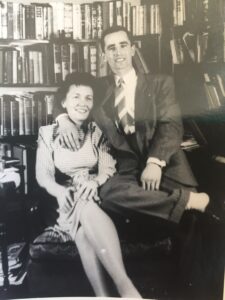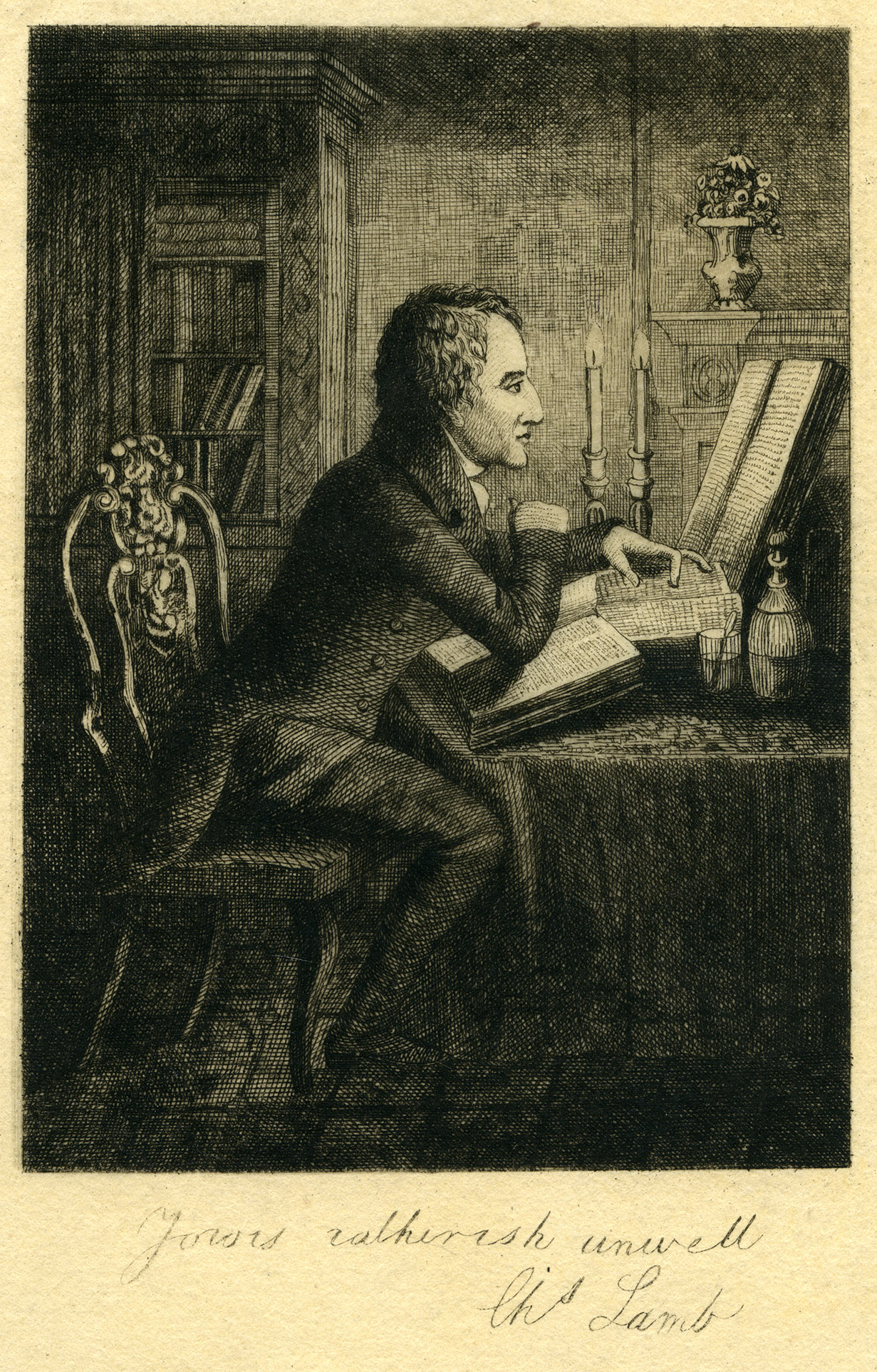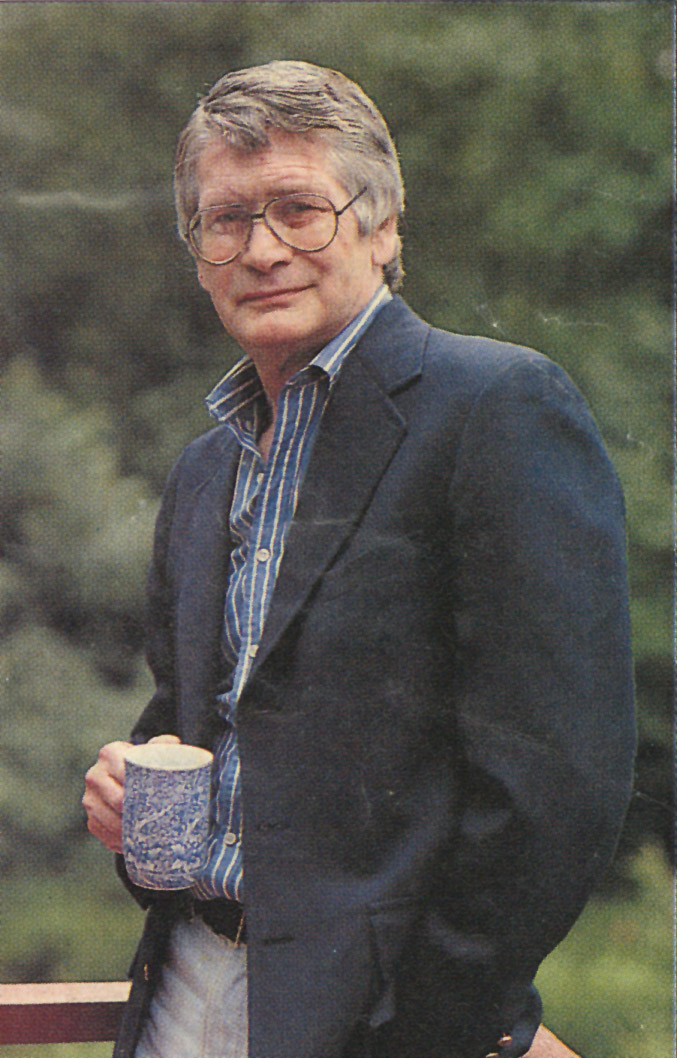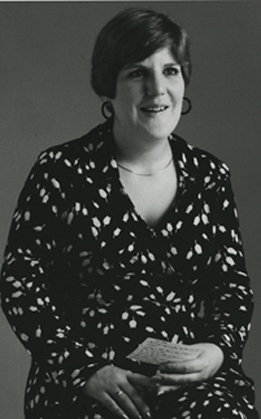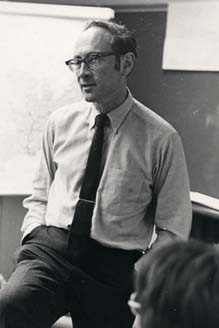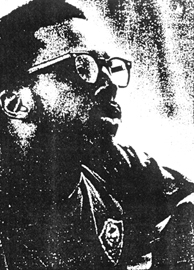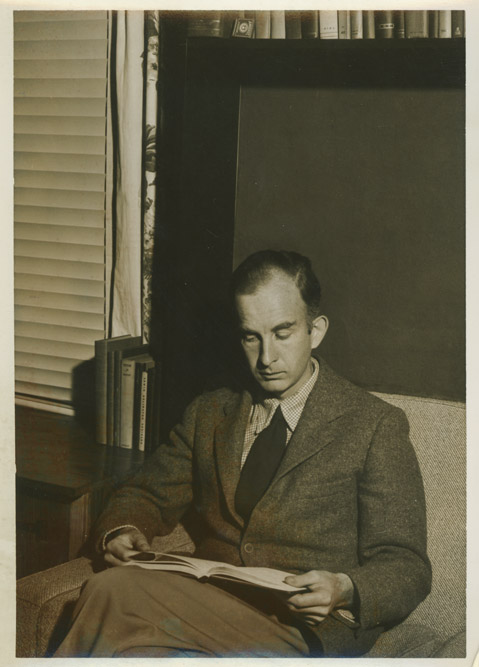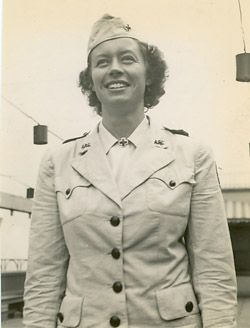Raymond Luc Levasseur Papers
Raymond Luc Levasseur went underground with a revolutionary Marxist organization in 1974 and spent a decade in armed resistance against the American state. Radicalized by his experiences in Vietnam and by a stint in a Tennessee prison for the sale of marijuana, Levasseur became convinced that revolutionary action was a “necessary step in defeating the enemy — monopoly Capitalism and its Imperialism expression.” As a leader of the Sam Melville/Jonathan Jackson Unit, later called the United Freedom Front, he took part in a string of bombings and bank robberies targeting symbols of the state including government and military buildings and corporate offices. All active members of the UFF were arrested in 1984 and 1985 and sentenced to long prison terms, although the government’s effort to prosecute them (the Ohio 7) on separate charges of seditious conspiracy ultimately failed. Levasseur served twenty years of a 45-year prison sentence, approximately thirteen years of them in solitary confinement, before being released on parole in 2004. He continues to write and speak out for prisoners’ rights.
The Levasseur papers are an important record of a committed revolutionary and political prisoner. Beginning with his work in the early 1970s with the Statewide Correctional Alliance for Reform (SCAR), a prisoners’ rights organization, the collection includes communiques and other materials from revolutionary groups including the UFF, the Armed Resistance Unit, and the Black Liberation Army; Levasseur’s political and autobiographical writings; numerous interviews; selected correspondence; and a range of material on political prisoners and mass incarceration. Consisting in part of material seized by the FBI following Levasseur’s arrest or recovered through the Freedom of Information Act, and supplemented by newsclippings and video from media coverage, the collection has particularly rich content for the criminal and seditious conspiracy trials of UFF members (also known as the “Ohio 7”) in Brooklyn, NY and Springfield, MA, as well as Levasseur’s years in prison and his work on behalf of political prisoners.

